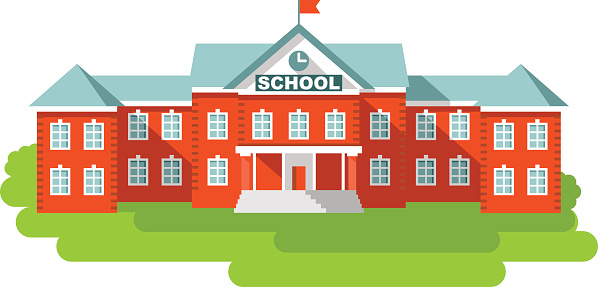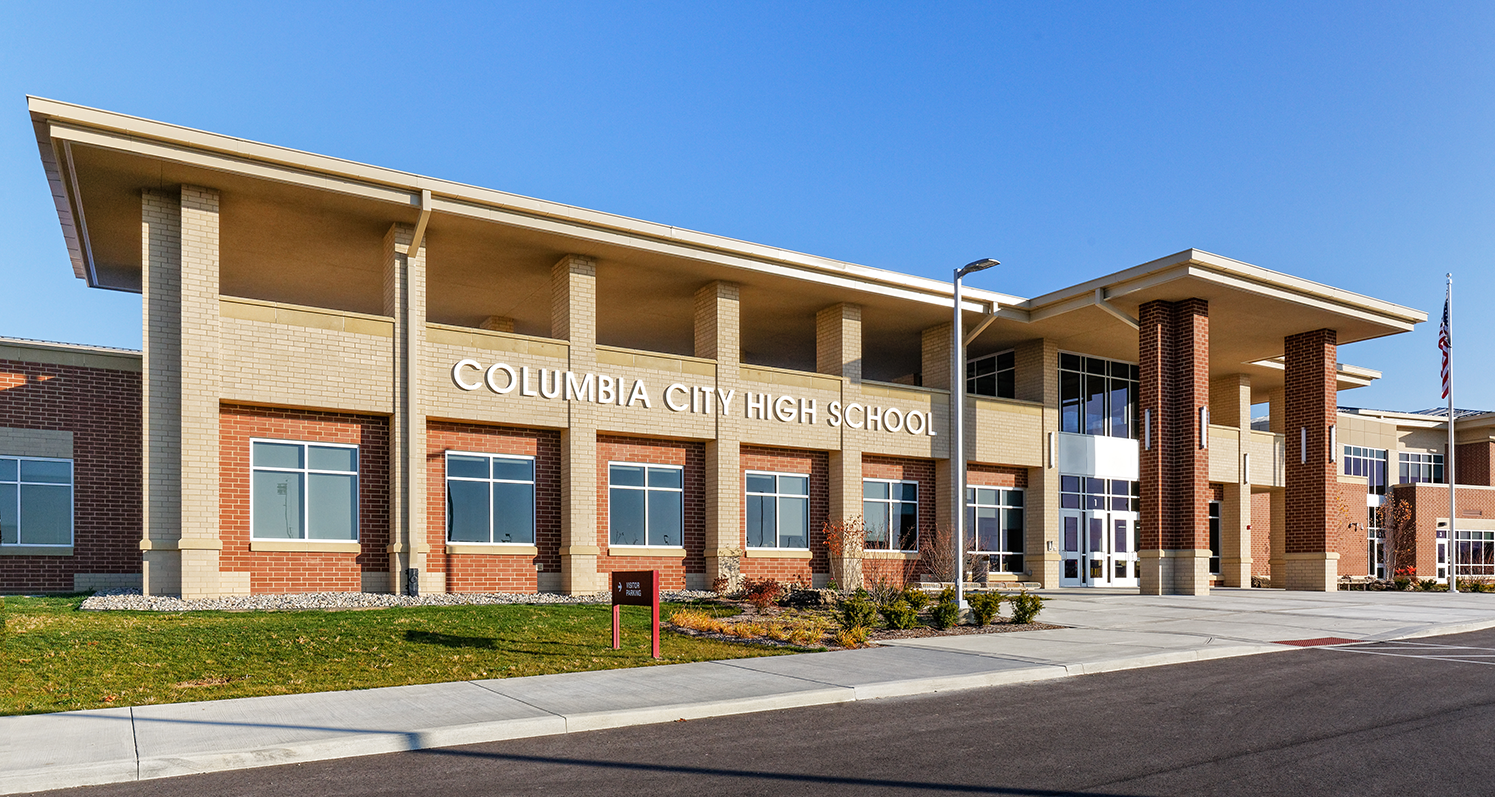Discover the Advantages of Advocacy: Save Temecula Schools
Discover the Advantages of Advocacy: Save Temecula Schools
Blog Article
Comprehending the Value of Institutions in Child Advancement and Community Development
Colleges' engagement with neighborhood neighborhoods with service-learning initiatives reinforces the bond in between households and educational institutions. This symbiotic relationship emphasizes the significance of colleges in nurturing active citizenship and long-lasting learning behaviors.
Academic Accomplishment
Academic achievement works as a cornerstone of youngster development, offering the foundation whereupon future understanding and success are constructed. Institutions play a pivotal role in cultivating this academic development, providing structured environments where kids can acquire necessary understanding and cognitive abilities. Standard educational program make sure that students gain effectiveness in core subjects such as maths, scientific research, and language arts, which are critical for both higher education and learning and professional chances.
In enhancement to imparting essential scholastic abilities, colleges also cultivate critical reasoning, problem-solving capacities, and intellectual inquisitiveness. These cognitive expertises are important for browsing complicated real-world circumstances and adjusting to the ever-evolving demands of the modern workplace. Teachers, as facilitators of discovering, use varied instructional techniques to satisfy diverse learning styles, consequently maximizing specific student potential.
Furthermore, academic success is carefully connected to self-worth and motivation. Kids that experience academic success are most likely to create a positive self-concept and a lifelong passion for knowing. Schools also offer various resources, such as libraries and innovation, which additionally boost the academic experience and prepare trainees for a technically advanced society.
Social Skill Development
Beyond academic accomplishment, the function of schools in social skill advancement is vital. Schools work as a primary location for kids to learn and practice necessary social abilities such as teamwork, conflict, and interaction resolution. In the organized setting of a classroom, pupils communicate with peers, educators, and other institution team, supplying numerous chances to develop these vital capabilities.
Reliable social ability development in schools is assisted in with group activities, collaborative tasks, and extracurricular programs. These communications aid pupils understand social standards, construct empathy, and foster a feeling of area. As an example, group jobs educate students how to interact towards a common objective, pay attention to various point of views, and navigate disputes constructively.

The cultivation of social skills throughout academic year lays a structure for future personal and expert connections. Save Temecula Schools. As students grow, the capacity to efficiently work together and communicate comes to be progressively important, underscoring the college's critical role in alternative youngster advancement
Exposure to Variety
Exposure to diversity in institutions is basic to fostering an inclusive way of thinking and widening pupils' perspectives. Schools work as a microcosm of the more comprehensive society, and coming across diverse societies, languages, and socioeconomic histories within this environment gears up pupils with necessary skills for browsing an increasingly globalized globe. This direct exposure motivates compassion, reduces bias, and promotes common respect amongst peers.
Varied class also boost social and cognitive development. Research suggests that trainees that interact with peers from varied histories show much better analytical skills and creative thinking. They learn to value different perspectives, which enriches classroom conversations and cultivates a much more vibrant understanding experience. In addition, this understanding of variety prepares trainees for future offices that worth modern capability.

Area Involvement
The benefits of diverse classrooms expand past the college wall surfaces, promoting a strong sense of community interaction Learn More among trainees. By engaging with peers from various cultural, socioeconomic, and ethnic backgrounds, trainees obtain a broader perspective and an appreciation for diversity. This direct exposure encourages them to come to be active people that agree to add favorably to their areas.
Colleges that stress neighborhood engagement frequently include service-learning jobs, which permit pupils to attend to real-world issues while applying academic abilities. These jobs not only boost students' understanding of their coursework however also infuse a feeling of responsibility and empathy. Collaborations between institutions and neighborhood companies supply pupils with possibilities to participate in neighborhood occasions, better strengthening their duty as aggressive community members - Save Temecula Schools.
In addition, parental and area involvement in institutions reinforces the bond between universities and the areas they offer. When schools open their doors to area occasions, workshops, and find volunteer possibilities, they produce a collective setting that benefits all stakeholders. This common support system makes certain that students get alternative growth, preparing them to become well-rounded people who value and contribute to their areas. Via these efforts, schools play a pivotal duty in supporting area involvement and cultivating societal development.
Lifelong Discovering Habits
Creating long-lasting knowing practices is crucial for a kid's constant development and flexibility in an ever-changing world. Colleges play a pivotal function in instilling these behaviors by developing an atmosphere that cultivates inquisitiveness, important reasoning, and a love for understanding. With extracurricular activities and diverse educational programs, educators encourage pupils to explore various subjects, analyze info seriously, and use their finding out to real-world circumstances.

Moreover, institutions supply an organized setting where youngsters can establish self-discipline and time administration abilities, both of which are essential for continuous learning. By emphasizing the importance of establishing objectives, assessing development, and adjusting strategies, universities prepare trainees to browse the intricacies of grown-up life, guaranteeing they continue to be lifelong students and contributors to culture.
Conclusion
In final thought, institutions are necessary in cultivating youngster advancement and area development by supplying settings for scholastic accomplishment, social ability growth, and exposure to variety. Via joint projects and interactions, colleges boost essential thinking, compassion, and interaction skills. Neighborhood interaction initiatives additionally enhance the bond between regional my sources areas and academic establishments. Ultimately, institutions grow lifelong discovering behaviors, furnishing individuals with the required expertise and abilities to add favorably to society.
In the structured environment of a classroom, pupils connect with peers, educators, and other institution team, supplying various chances to establish these critical abilities.
In significance, direct exposure to diversity within institutions not only enriches individual students however likewise enhances the social fabric of the area as a whole.
The benefits of diverse class expand beyond the college walls, cultivating a strong sense of neighborhood engagement among students.Schools that emphasize neighborhood involvement often incorporate service-learning tasks, which allow pupils to address real-world problems while using scholastic skills. Partnerships between colleges and local companies offer pupils with possibilities to take part in area events, even more solidifying their duty as proactive area participants.
Report this page